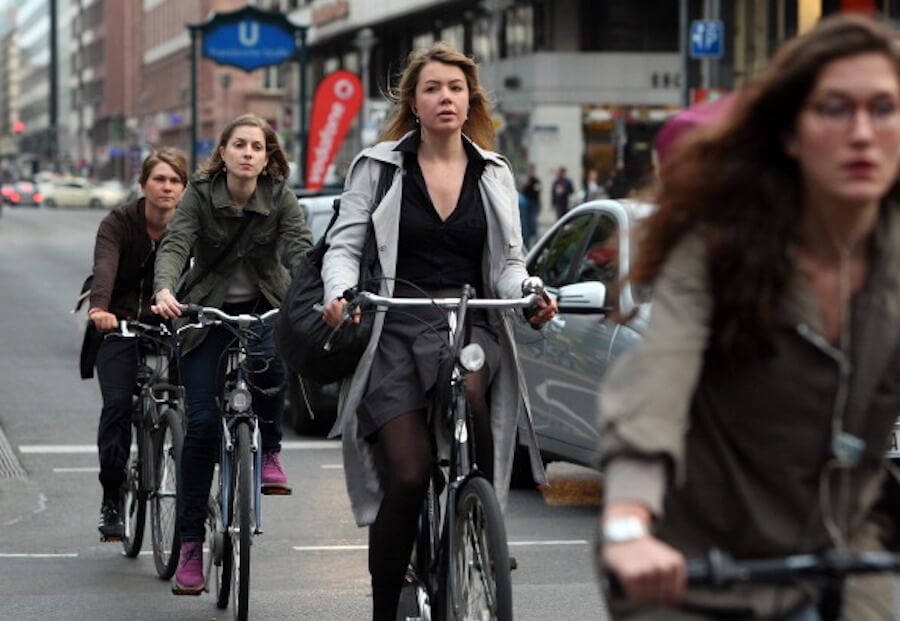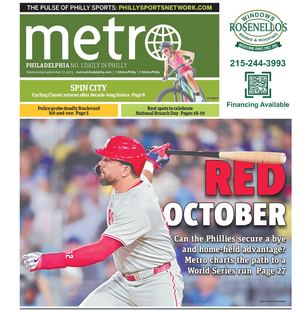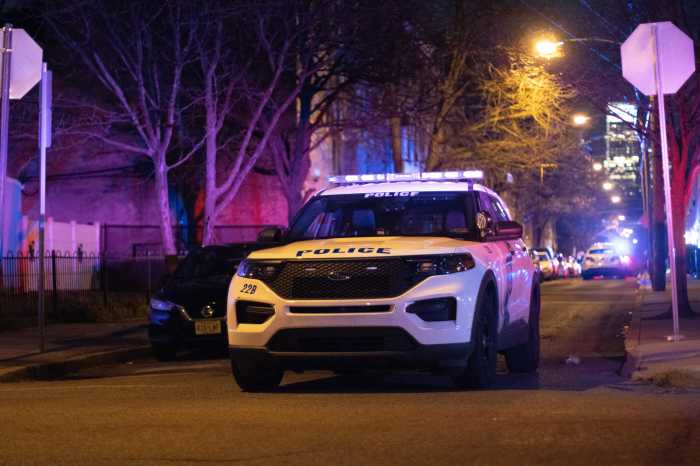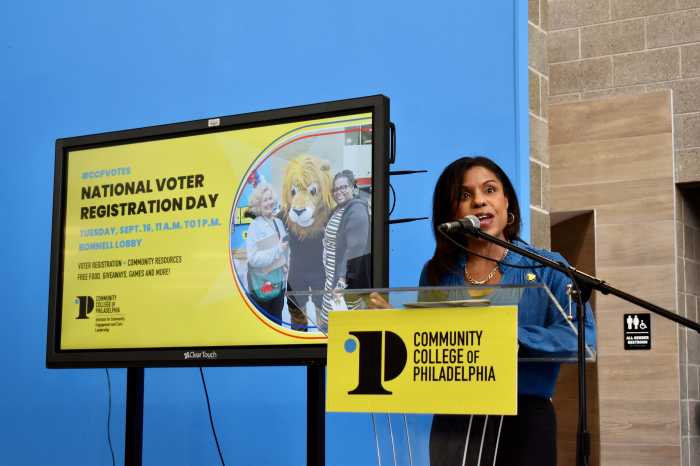Leigh Goldenberg prides herself in following all the laws while riding her bike. The Passyunk Square resident calls herself a “typical law-abiding bicyclist” who sits at red lights and cautiously rolls through stop signs like any cyclist or driver in South Philly. A communications professional in the city, the 34-year-old uses her bike a lot. She continued commuting by bicycle while pregnant and strapped a “Baby on Board” sign on the back of her bike to remind drivers to be considerate. And that’s when things turned sour.
“Instead of people being patient upon seeing my “Baby On Board” sign or find it nice that I was gestating a human and still getting around on two wheels, I would get more honks and shouts than I was used to,” Goldenberg says. “More than a handful of drivers told me that I shouldn’t be biking at all or that I deserved to be hit or it was my choice what happened if I didn’t get out of the road.” Now, she bikes with her daughter in a cargo seat. And the harassment hasn’t stopped. In fact, in some cases, it’sled her to break the law, often out of fear.
“You better believe if someone is verbally harassing me or laying on their horn that I’ll run a light to get a head start,” she continues. “The idea of a confrontation is pretty scary and I want to set a good example for fellow cyclists by not getting into shouting matches.” Bicycling is largely defensive. Ask any guywho regularly rides and he will tell you his techniques for staying visible on the street: For instance, if there aren’t any cars coming toward you, it may feel safer to go through a red light and establish yourself to the motor vehicles on the next block. If there’s no bike lane and you’re sitting in vehicle traffic, getting a head start can be the difference between a frustrated driver honking at you to the next red light. Ask a woman about any of these situations, the story is infinitely worse.
“Lots of people from the street yell at me,” says Rebecca Fisher, an intern with Women Bike PHL, a Philly program that exists to both get more women on bikes and provide a space for women to talk about bicycling issues. “I might say stop signs are the worst because that’s where I find people will yell at me—as I’m stopped at a stop sign.” Philadelphia has a larger proportion of female cyclists than the average U.S. city (32 percent in Philly vs. 24 percent nationally), and with that, unfortunately, comes more on-bike harassment and catcalling than is seen in most cities. It’s a large reason why many female cyclists feel more comfortable breaking the law on their bikes.
“I find sitting at the light means the person next to you in a car will often say something to me, especially with open windows in the summer,” continues Fisher.
“I’m more likely to run a yellow or red to avoid being still. Same with stop signs.”
For Tanya Seaman, a Philadelphia cyclist, her defensive riding techniques are more heightened at night.
“If I’m riding at night, I feel safer going through an empty intersection than waiting around for a would-be attacker,” she says. “Stopping and re-accelerating feels less safe than continuously moving forward.” Common sense tells us laws should always be obeyed unless the prospect of danger is so glaring that a prudent person would not have obeyed.Andfor many women, there are worse circumstances to consider than getting pulled over by a bike cop and fined. Randy LoBasso is the communications manager at the Bicycle Coalition of Greater Philadelphia. On Twitter: @RandyLoBasso
Female cyclists caught between harassment and breaking the law

Getty Images



























